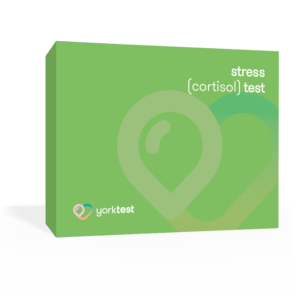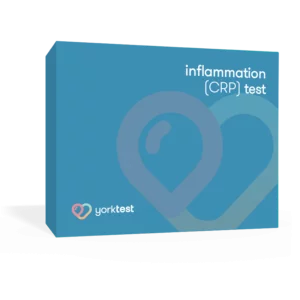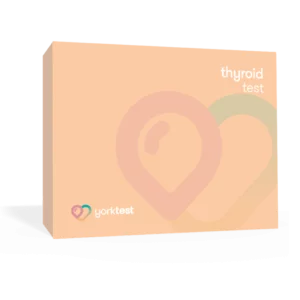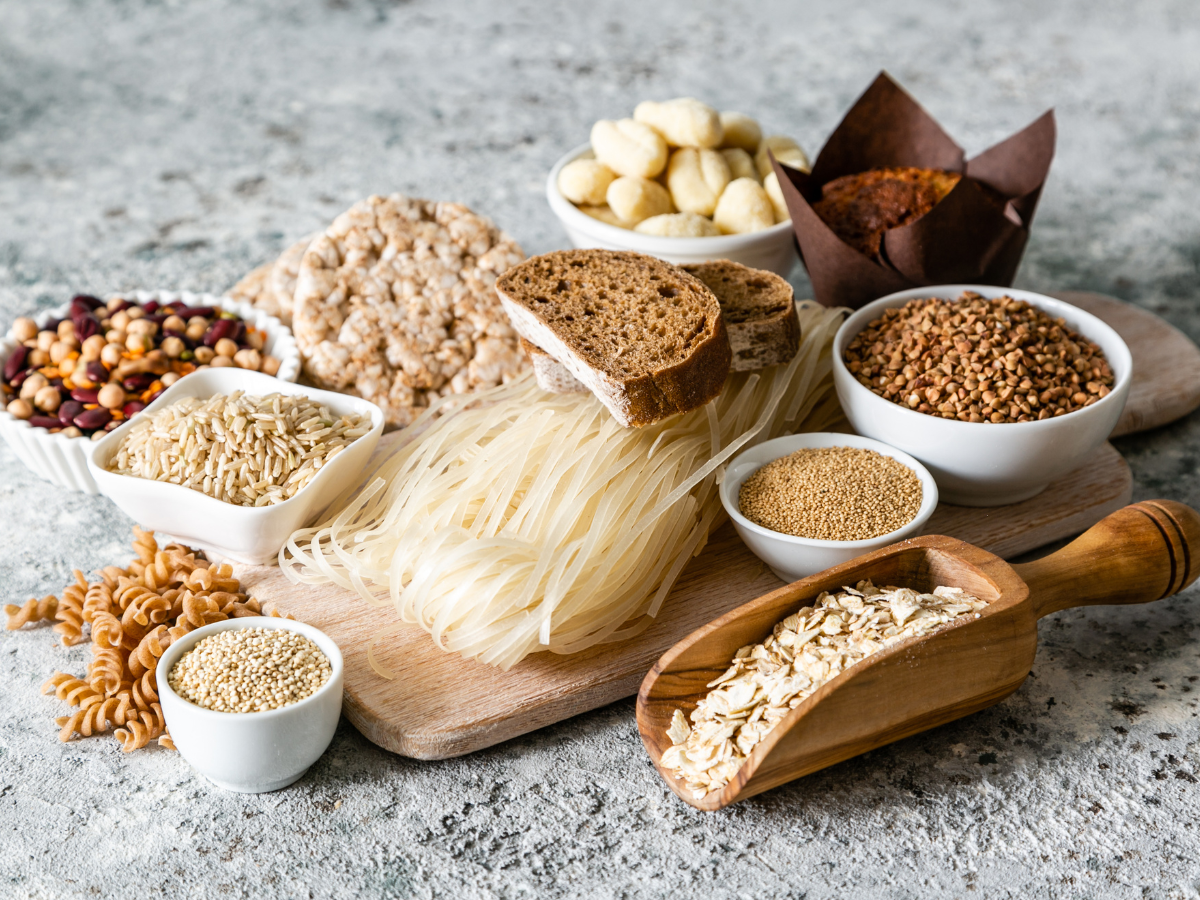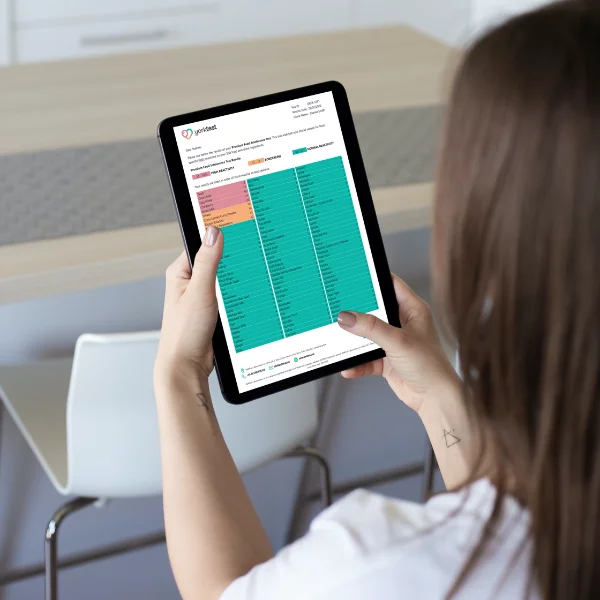As a parent, it can be frustrating to see your child in discomfort, especially when you’re uncertain of the source of their pain. If your child has been experiencing stomach distress, bloating, constipation, or diarrhoea, it’s possible they may be suffering from Irritable Bowel Syndrome (IBS).
Although IBS is commonly diagnosed between the ages of 15 and 40, IBS in children should not go overlooked. Given the perplexing nature of such conditions in children, gastrointestinal issues like IBS can be difficult to pinpoint. Let’s take a deeper look at IBS in children, including common symptoms, testing, and treatment options.
Can Children Have IBS?
IBS can develop at any age, including in childhood. Whilst it’s more commonly diagnosed in teenagers and young adults, 20 – 30 seems to be the peak age for diagnosis, it’s not unheard of for children to experience IBS. The problem is that the symptoms of IBS in children can be difficult to recognise, and parents can often mistake the symptoms for other conditions, such as lactose intolerance or food allergies.
What is IBS?
IBS is a functional gastrointestinal disorder, meaning there’s no specific physical cause for the symptoms, unlike with allergies or a viral infection. Still, the presence of IBS symptoms in children – most often characterised by abdominal pain, bloating, and changes in bowel movements – is frequently reported among concerned parents.
In a Bristol-based study, IBS was identified as the most common cause of Recurrent Abdominal Pain (RAP), which is defined by three or more episodes of abdominal pain occurring over a period of at least 3 months. After an extensive investigation of the children who fulfilled the diagnostic criteria for RAP (n=103), over 70% of the children were found to have no organic pathology, and 51% of them fulfilled the diagnostic criteria for IBS. While the sample size was relatively small, the portion of children with symptoms while having no specific pathology was alarmingly high.
In a more sizable study, about 5% of children and adolescents aged 4-18 years fulfilled symptom-based criteria for a functional GI disorder and IBS-related symptoms. Furthermore, symptoms of RAP in childhood are also linked to the progression of Functional gastrointestinal disorders (FGID) into adulthood, such that 25% of children who experience RAP may subsequently develop IBS as an adult.
Signs and Symptoms of IBS in Children
IBS is a group of symptoms that occur together, including repeated pain and discomfort in the abdomen as well as changes in bowel movements, which may be diarrhoea, constipation, or a combination of both. In children, IBS symptoms can occur without any visible signs of damage or pathologic disease in the digestive tract.
The exact combination of symptoms can vary dramatically from person to person and can also change over time. But some of the most common signs and symptoms of IBS in children may include:
- Upset stomach, nausea, or recurring stomach pain that keeps coming back
- Changes in bowel habits, such as diarrhoea or constipation
- Urgency with bowel movement
- Feeling as though not all stool has come out during a bowel movement
- Mucus in the stool
- Excessive flatulence or gas
- Bloating or swelling
- Vomiting
- Loss of appetite
- Weight loss
- Feeling dizzy
The signs and symptoms of IBS in children are similar to the symptoms experienced by adults. Symptoms of IBS in children may also be mistaken for other health problems, so it’s important to make sure your child sees their GP for testing and a diagnosis.
If your child is suffering from frequent stomach aches and bloating, but not other IBS symptoms, taking the proper steps with your GP to test and treat the issue is still advised.
Testing for IBS in Children
Unfortunately, there is no individual test to definitively diagnose IBS in children or adults. Generally, most IBS diagnoses are made by ruling out other causes of the symptoms, as there are certain symptoms that may point to non-IBS conditions, such as bloody diarrhoea, weight loss, delayed growth, enlarged liver, or having a fever for no reason.
Before taking any specific tests and analysis procedures, your child’s GP will usually conduct a thorough physical examination and review their health history. This initial examination can help your child’s GP determine what lab tests and procedures may be needed.
After this, there are a number of possible tests that can be done to check for inflammation, an infection, or other conditions that may contribute to IBS symptoms in children, such as:
- Abdominal X-ray or ultrasound. A simple X-ray scan can provide internal imaging that gives doctors a clearer picture of how internal organs look. Similarly, an ultrasound, which uses high-frequency sound waves, can provide imaging of internal organs which may be helpful in diagnostic testing.
- Urinalysis and culture. These tests are easy to conduct and are designed to check for potential urinary tract infections.
- Stool sample. This type of testing checks for certain bacterial strains and parasites that may cause symptoms like diarrhoea. Further, testing of stool samples for occult blood, (which cannot be seen) using a special testing solution, can indicate inflammation in the GI tract.
- EGD or upper endoscopy test. Otherwise known as an esophagogastroduodenoscopy, this test uses an endoscope, or small, flexible tube with a light and a camera lens at the end, to view parts of the digestive tract. Tissue samples from inside the digestive tract may be taken for further testing.
- Blood tests: There are no blood tests to diagnose IBS, however a blood sample may be taken to rule out other conditions like anaemia, infections, or illnesses caused by inflammation or irritation. In addition a blood test can check if your child has elevated IgG levels – high IgG levels may suggest a possible food intolerance. IgG reactions to food can be performed with at-home test kits like YorkTest’s Junior Food Intolerance Test designed for children.
Lactose breath test. Conducted to check for lactose intolerance, this test is administered to determine if your child is able to effectively digest lactose, which is the sugar found in milk and dairy products.
Ultimately, your child’s GP will be able to provide a proper evaluation to determine the best form of testing for IBS symptoms.
Treatment of IBS in Children
Management options for IBS in children largely depend on the severity of the symptoms and the child’s age. Some of the most common IBS treatments for children include:
- Dietary changes: The first line of management for IBS in children is dietary changes. The child’s diet should include a diverse range of nutritious foods that are high in fibre, such as fruits, vegetables, and whole grains. Avoiding fatty and fried foods, caffeine, and dairy products may help alleviate symptoms. Parents should also encourage their children to eat smaller, more frequent meals and drink plenty of water.
- Medications and supplements: There are many different medications and supplements that may be used to help IBS in children. Some of the most common of these include:
- Fibre Supplements: If the child is not getting enough fibre from their diet, fibre supplements can be prescribed to help regulate bowel movements. However, high fibre consumption in children is somewhat controversial as it could promote excess gas and bloating
- Antispasmodics: These medications are intended to help to reduce muscle spasms in the intestines, which can relieve abdominal pain
- Laxatives: Laxatives may be prescribed to help alleviate constipation
- Probiotics: Probiotics are live bacteria and yeast that are good for the digestive system. They can be found in certain foods or supplements and may help to improve the balance of bacteria in the gut
3. Psychological Therapy: In some cases, psychological therapy such as cognitive behavioural therapy (CBT) may be recommended for children with IBS. This therapy can help children manage stress and anxiety, which can be attributed to IBS symptoms.
4. Alternative Therapies: Some alternative therapies, such as acupuncture, hypnotherapy, and herbal remedies, have been suggested as possible management techniques for IBS. However, there is limited scientific evidence to support their effectiveness.
In any event that persistent IBS symptoms occur in your child, consult your child’s GP for professional testing, diagnosis, and treatment. You can also try taking the Junior Food Intolerance Test from YorkTest to take early initiative in identifying potential foods that may be triggering IBS symptoms. This test is suitable for children between 2-17 years old, and results are available within 7 days.




